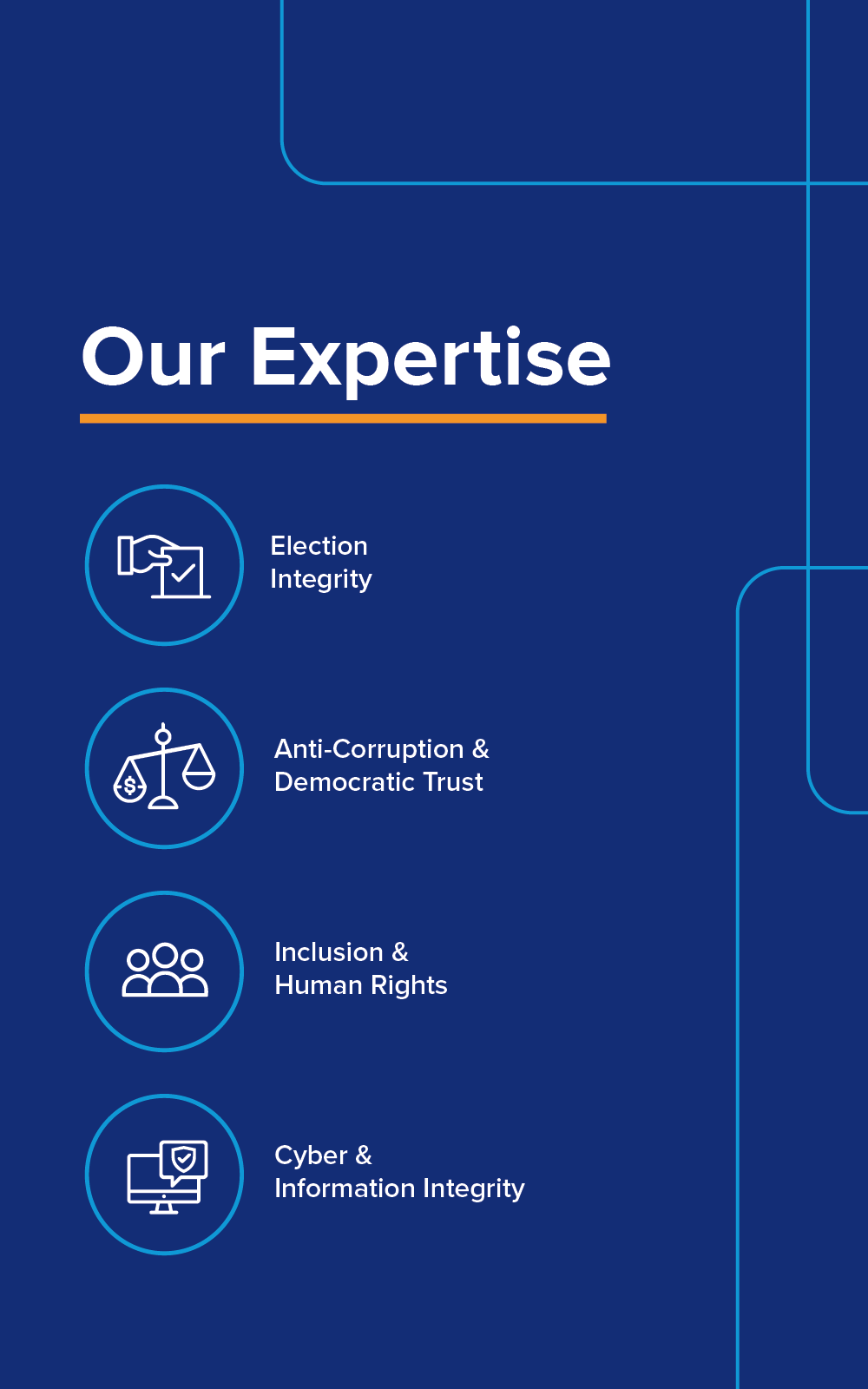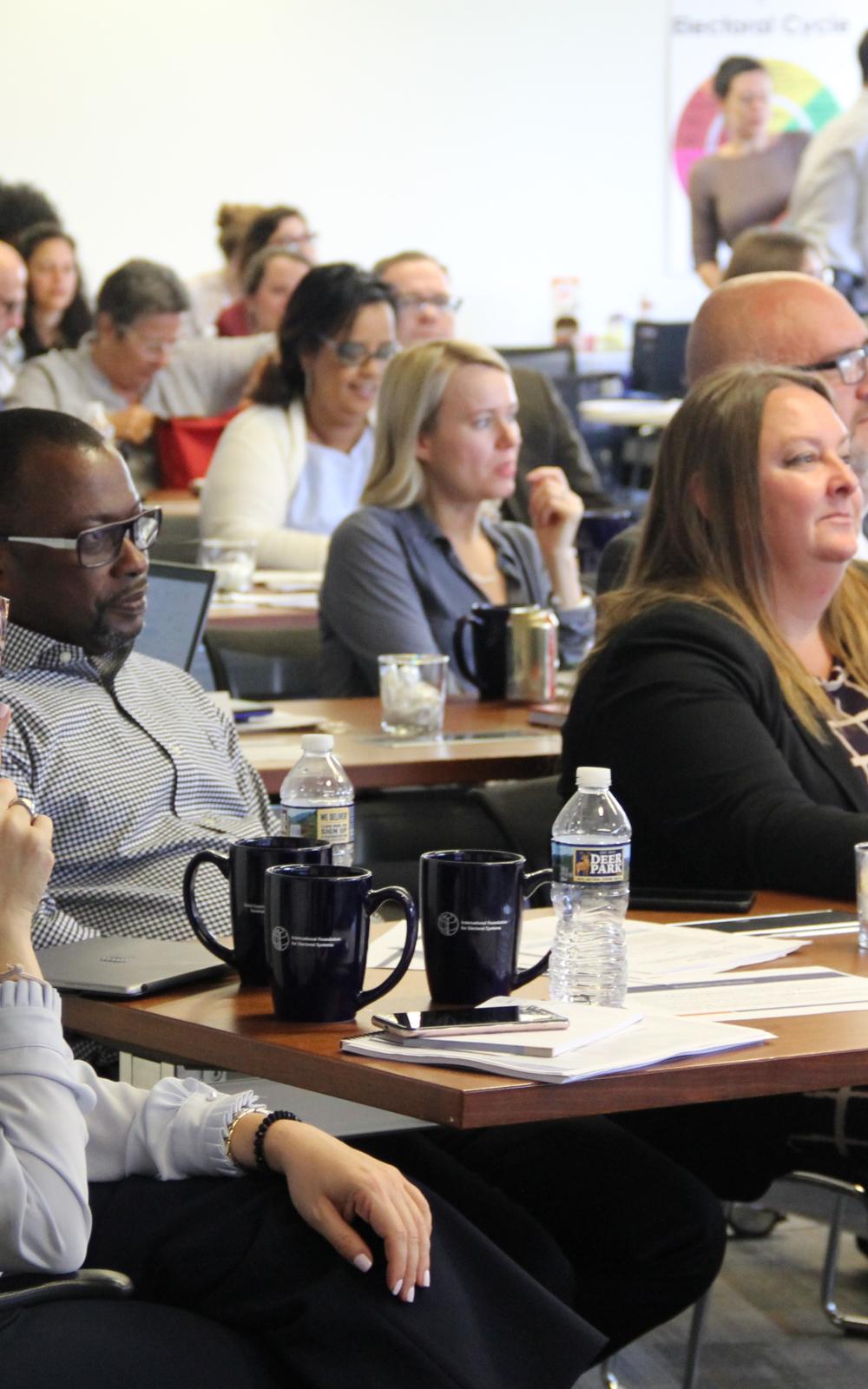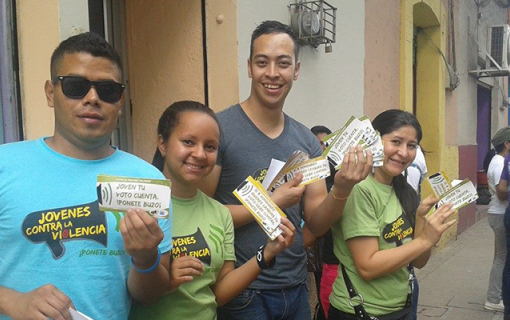 Marcelo
Varela-Erasheva
Country Director, Honduras
Marcelo
Varela-Erasheva
Country Director, Honduras
Honduras
The combined aftermath barriers of the global COVID-19 pandemic, the public’s lack of confidence in the country’s electoral bodies and political parties and a fragile national economy made the 2021 general election cycle for Honduras particularly difficult. Since then, a climate of reduced political competition and the installation of the 2022-26 National Congress has generated an opportunity for Honduras to strengthen its elections and democracy. IFES is supporting the Honduran electoral and public institutions to promote electoral integrity; strengthen democratic coalitions and alliances; and assist civic actors engaged in advocacy.
During the 2021 election cycle, IFES supported election officials from the Unit of Transparency, Financing and Accountability (Unidad de Transparencia, Financiamiento y Fiscalización, UFTF) and the Tribunal of Electoral Justice (Tribunal de Justicia Electoral, TJE) to obtain knowledge and practical skills required to fulfill their institutional duties by participating in training sessions on data management, campaign finance oversight and electoral dispute resolution processes. Additionally, IFES supported the CNE in securing the equipment required to operate the results transmission system (sistema de transmisión de resultados electorales preliminares, TREP), leading to the announcement of preliminary results on Election Day and a peaceful acceptance of a transition of power. As a result of IFES support, the CNE and the Coordinator of Rehabilitation Institutions and Associations of Honduras (Coordinadora de Instituciones y Asociaciones de Rehabilitación de Honduras, CIARH) fostered improved conditions for persons with disabilities by deploying 120 volunteers (edecanes) nationwide. This effort allowed 8,035 voters to make use of accessible voting devices, such as sign language interpretation and an assistant to help them cast their vote when needed. Additionally, the CNE adopted a protocol to combat gender-based political violence, in a move that sets the foundations for comprehensive inter-institutional measures to combat this social scourge. The CNE´s protocol defines sanctionable offenses, establishes procedures to file complaints and creates mechanisms to direct cases of criminal activity to the Attorney General's Office (Ministerio Público, MP).
Since 1997, IFES has supported the electoral process and civil society in Honduras. IFES has conducted electoral assessments; electoral administration trainings; technical election observation; conferences on the rule of law; and promotion for greater inclusion of people with disabilities and other marginalized groups in the electoral process.
Featured Experts
Latest
View AllOur Global Expertise


